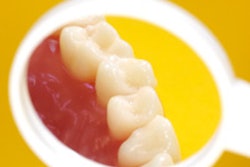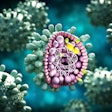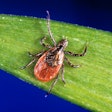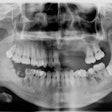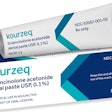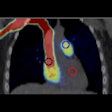A potential new treatment for periodontal disease that involves controlled-release capsules is being unveiled this week at the American Chemical Society (ACS) National Meeting and Exposition in Philadelphia.
The technology uses controlled-release capsules filled with a protein that would be injected into the periodontal pockets, according to the ACS. The capsules dissolve over time, releasing a protein that guides immune cells to the diseased area, reducing inflammation, creating an environment that fights the disease process and even could create conditions favorable for gum tissue to regrow, said lead researcher Steven Little, PhD, from the University of Pittsburgh.
Little and his colleagues have evidence from laboratory experiments with mice that the approach fosters healing and the regrowth of gum tissue damaged by periodontal disease.
To reduce the inflammation associated with periodontal disease, they designed injectable, controlled-release capsules containing a protein encased inside a polymer material. After the capsules are injected, the polymer slowly breaks down, releasing the protein encapsulated inside.
The protein, called a chemokine, is already produced by the body's existing cells to summon lymphocytes to a specific site. Scientists previously tried to keep the lymphocytes away from the gums to block inflammation from occurring in the first place.
Little's team injected the capsules into mice and discovered evidence that disease symptoms are dramatically reduced, and found that proteins and other substances involved in regrowth of gum tissue had appeared. The finding offers encouragement that the treatment could not only rebalance the immune system, but also prompt regrowth of lost gum and bone tissue in the mouth.




